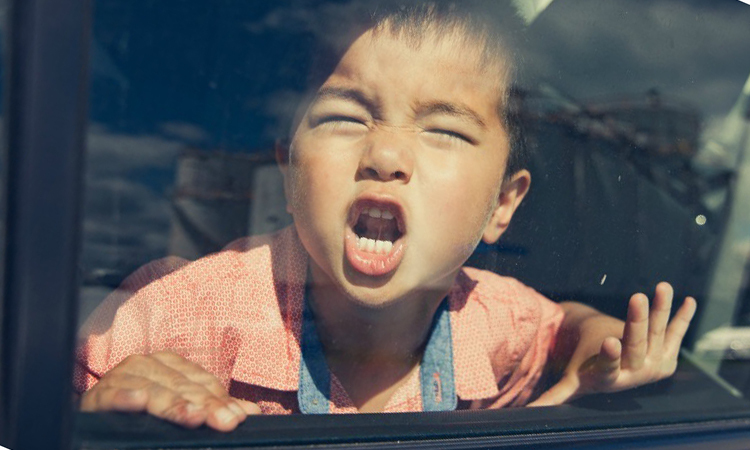Blaming parents for mistakes is a common behavior in children.
Instead of taking responsibility and fixing their mistakes, children often blame others, including their parents. This behavior shows that children lack responsibility, don’t want to face the consequences of their actions, and don’t appreciate the help and care of their parents. Therefore, it is considered a form of ingratitude.
Children often feel anxious and fearful when they make mistakes or encounter difficulties. For children who lack confidence in their abilities, blaming their parents can be an easy and quick way to solve problems. Children may think that parents are adults and have more experience, so if anything goes wrong, parents will help and resolve it.
However, blaming parents does not solve the problem but instead avoids responsibility and prevents learning from mistakes. If children are not educated to take responsibility for their actions, they will not know how to deal with the consequences and have difficulty maturing in the future.
This can lead to serious consequences in the future, such as losing trust and respect from others, feeling insecure and lacking confidence in themselves, and even causing psychological and social issues.
If children don’t learn to admit their mistakes and continue to blame others, they will not achieve their goals and struggle to develop problem-solving skills in life. This can result in a lack of confidence, narrow-mindedness, an inability to find solutions to complex issues, and an inability to become independent and confident in the future.
Furthermore, if children don’t learn to admit their mistakes and always blame others, it will be difficult for them to build good relationships. This often leads to tension and conflicts in relationships, making children feel uncomfortable in communication.
To help children learn and grow, parents need to help them recognize their mistakes and encourage them to take responsibility for their actions. At the same time, parents should guide children to understand that every time they make a mistake and take responsibility, they will learn and grow. Parents should also encourage children to find ways to solve their own problems instead of blaming others.

Selfish and indifferent to the feelings of others
We often see that some children have selfish attitudes, only caring about themselves without considering the feelings or needs of others.
A typical example is the behavior of some children who snatch food from others without considering their feelings. Similarly, if children are not educated to care for and show concern for their loved ones from a young age, they may become selfish and ungrateful individuals when they grow up.
However, filial piety is not simply about parents enjoying good food and clothing, but it is about concern, care, and respect for parents. If children only focus on their own needs and don’t care about others, especially their parents, then in the future, they will struggle to find time and energy to care for and show concern for their parents.
This leads to a distant and less bonded relationship between parents and children, making parents feel unloved and uncared for by their children.
Therefore, to help children develop feelings and responsibilities in the family, parents need to equip them with moral values and social skills from a young age. Children need to be taught to care for others, have empathy, and gratitude, while also learning to be responsible for their actions.

Lack of rules and disrespectful behavior
Many children often act according to their own desires without considering others, lacking respect for adults, often causing trouble or discomfort for others by being noisy, fighting, throwing objects, or not following the instructions of adults.
These behaviors, if not guided and educated about proper behavior and manners, can lead to undesirable consequences. Children may become selfish, impolite, and lack respect for others. They gradually become unpleasant individuals in society and have difficulty establishing relationships.
In addition, a lack of proper behavior and manners can also affect development, making it difficult for children to integrate and contribute to the community. Therefore, guiding and educating children about proper behavior and manners is extremely important to help children develop properly and become valuable individuals in society.
Learning 12 Jewish Parenting Tips
Are you looking for ways to encourage your kids to reach their goals? Look no further! From the success of the relatively small Jewish population of only 13 million people – 40% of all Nobel Prize winners – we can learn some valuable lessons about parenting. Join Dien May XANH to discover 12 Jewish ways to teach children and help them make the most of their potential!





































